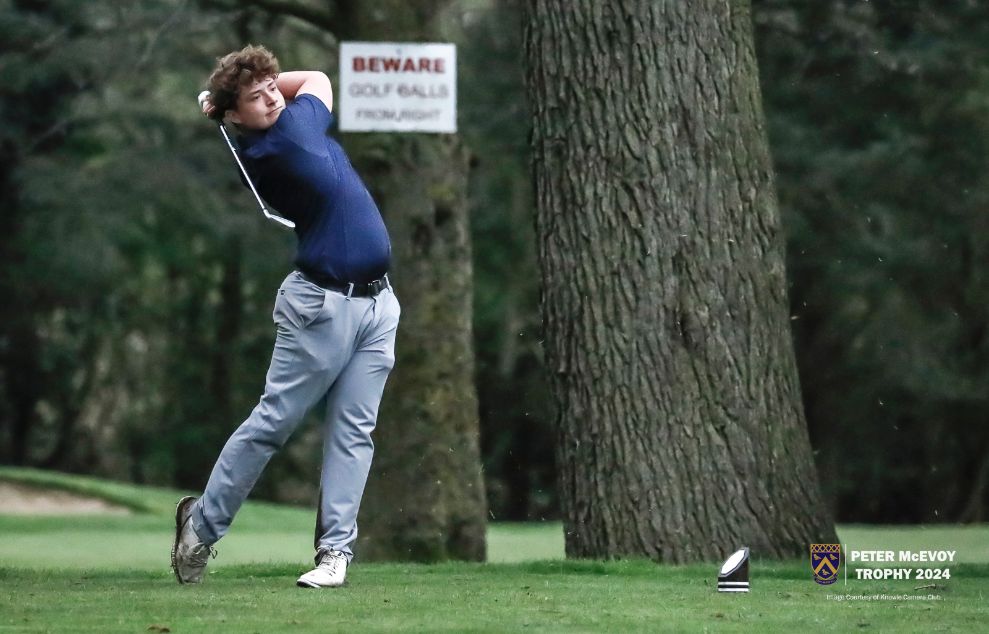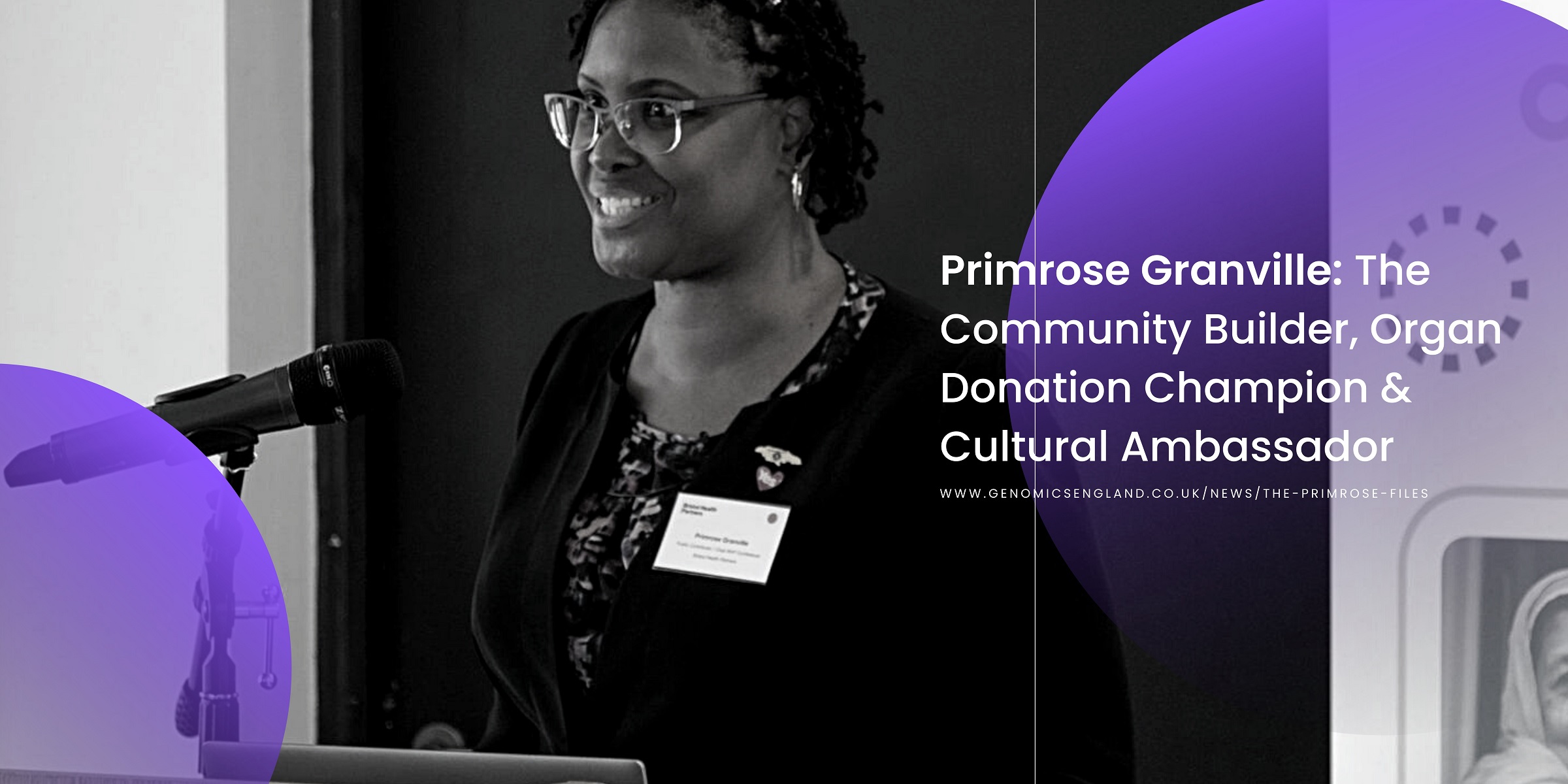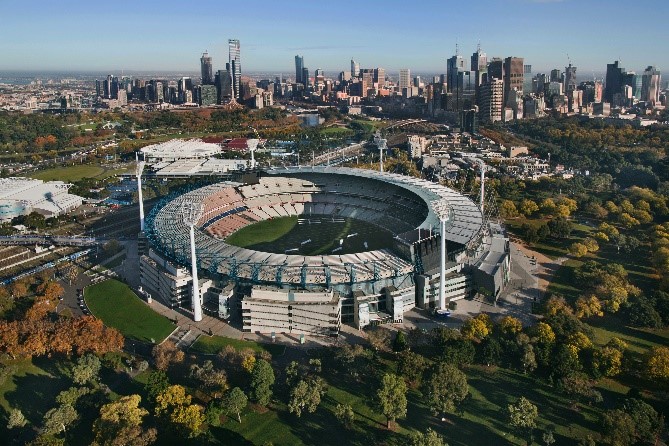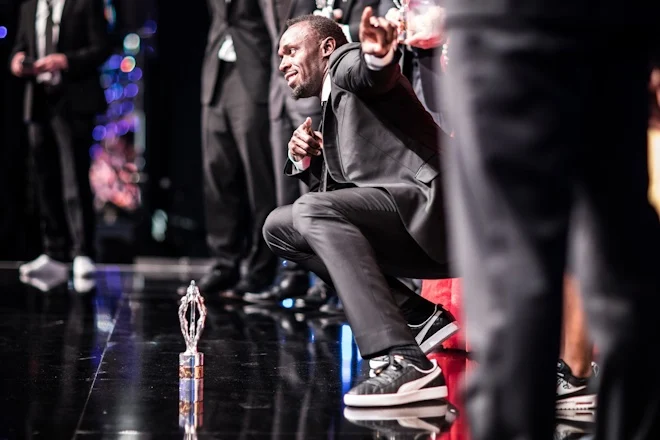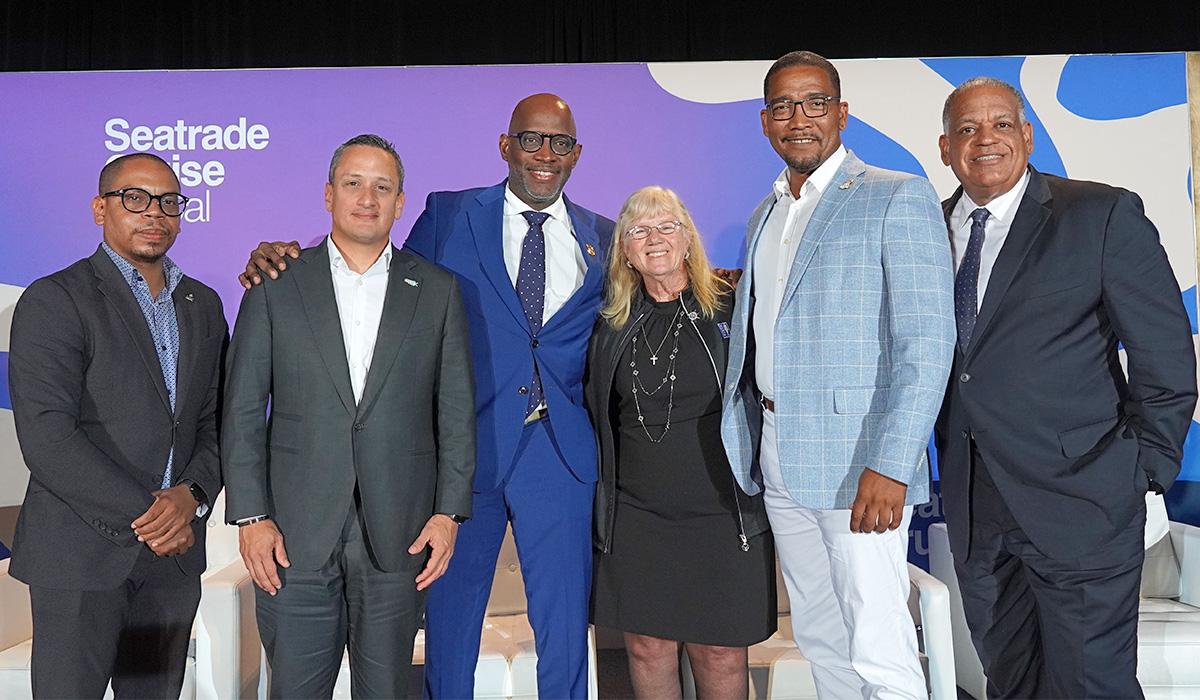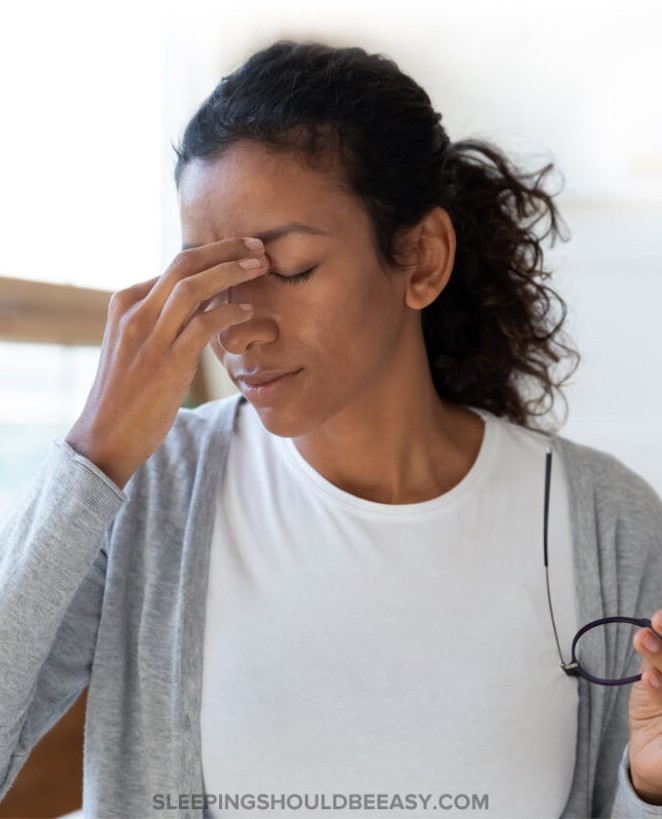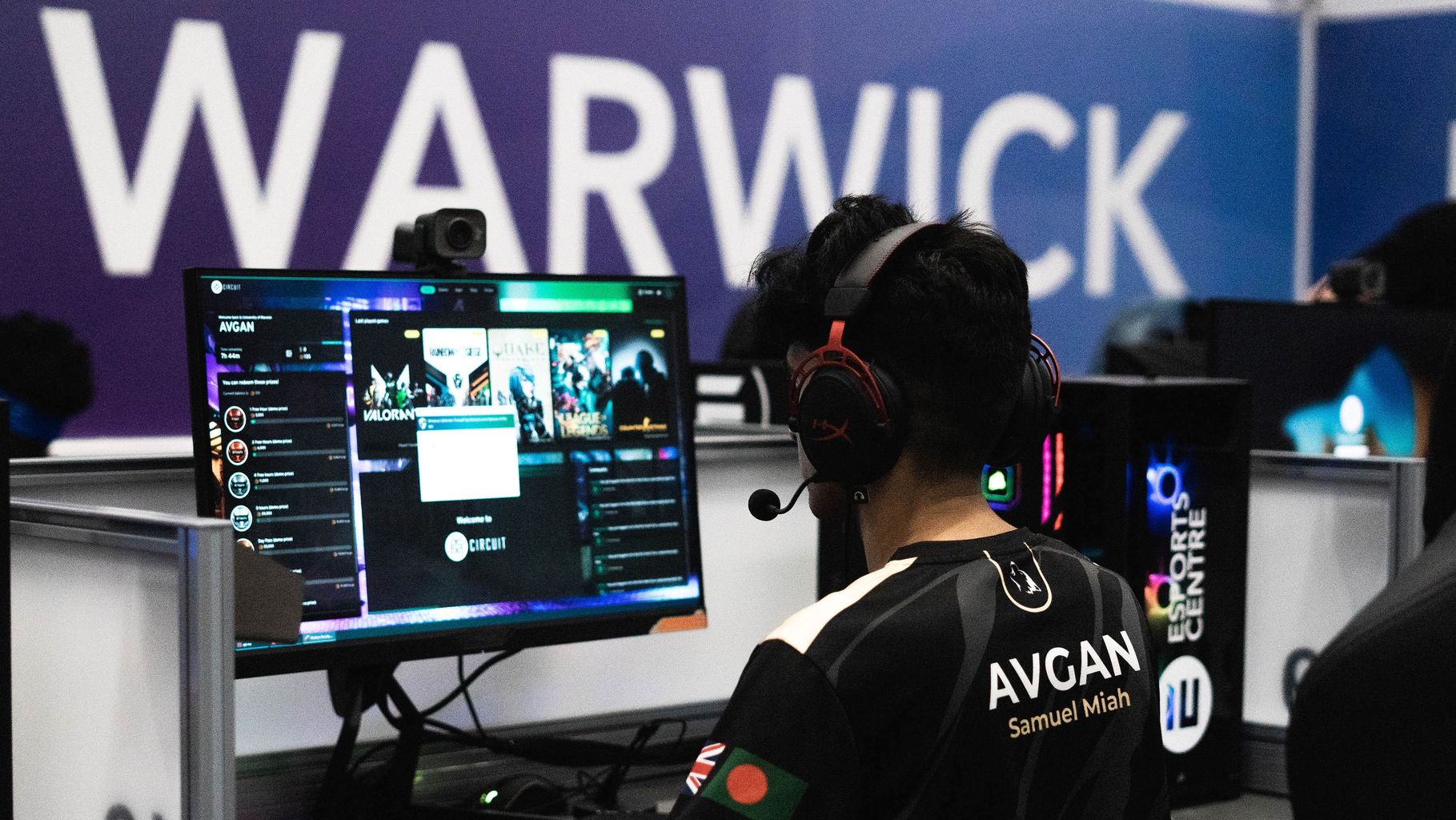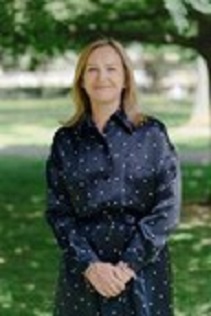Primrose Granville is a name known by many across a number of communities, especially listeners to her on BBC Radio Bristol, but like all people living with an underlying health condition, what you see on the surface isn’t always the whole truth.
Primrose has been living with Polycystic Kidney Disease (PKD), which is a degenerative disease, so you’re born with it and there isn’t anything that can be done about it.
“You’re born with cysts inside your kidneys and over time they grow and become problematic,” Primrose explains.
Born and raised in Jamaica, Primrose was always at the doctor’s office, so much so that one of her first phrases was, ‘no doctor!’.
“I’ve been an enemy of the needle since I’ve been aware of myself. I had a great childhood in Jamaica. I remember when I was a child was being sent to live with my aunt in Moneague in Saint Ann, the Garden Parish of Jamaica.
“When I was 12 and in year 7 at high school, I remember seeing my mothers urine and it was red, but my she didn’t know what it was because she couldn’t afford the healthcare to find out. I can always picture that image, and knew there was something not right, she was always tired, but she was a wonderful mother to me.”
Primrose’s mother was a seamstress, making her dresses and school uniforms. “It was just my mother and I after my parents split up, my two sisters lived with my father. She was the only person I was close to for the first 12 years of my life. At 13 our house burned down and I lived with my godmother.
“I went to teacher training college in Jamaica, as an early years teacher. All I wanted to do was teach. I came to the UK at 27 years old, nearly 27 years ago and did studies at The University of Roehampton doing work around special needs.”
Primrose had an accident in 2003 which damaged her spine, leading to her leaving the classroom in 2005, and in 2008 finding her way into radio by volunteering at Ujima Radio Station and later BCFM Radio in Bristol, the latter of which she still volunteers at.
“In 2016 I landed a job at BBC Radio where I work for 4 hours a week, but it took me out of the doldrums of being this sick person who could only volunteer here and there.”
Through her work campaigning for the NHS Blood and Transplant service, Primrose has the ear of communities that most organisations cannot reach. “I want people here in the UK to think differently about health, healthcare, research.
“Our communities - marginalised and diverse communities have a very bad relationship with the terms research and testing which results in those communtiies who really need to be engaged by these schemes, being left out.”
About 12 years ago, Primrose was asked at an appointment if she’d be interested in doing some research around PKD, which she didn’t mind, so every time she went to clinic, she would then have a follow up with a researcher at a building somewhere else.
“My son was also born with PKD, and my sister, my mother and myself have all had transplants. My late mother had 16 years, 9 months and 5 days added to her life because of the transplant. So far I’ve had 4 years, 1 month and some days, and my sister has had 7 years a couple of months and some days, so I know the value of organ donation, and the value of researching stuff that has to do with the development of drugs and that kind of thing.”
As a child who was diagnosed with PKD at 9, they caught Primrose’s son early, so now he goes to the hospital once a year as his kidney function is amazing, and it will stay that way until he gets older. If he leads a lifestyle where he eats and drinks the wrong things, then his kidneys will fail quicker. But as a 23 year old black male, he also doesn’t want to take his medication.
“At his last appointment, he asked me to go along with him so I could say he’s not taking his medication, and the doctor said to me ‘at this age we’re not too worried about them, because we’ve done research in the last 10 years and have come up with a drug that we can give to people who will not take their medication should their kidneys fail quicker.’
“Before casually adding ‘I think you were part of that research Primrose, you would have done it with Dr Pippa Bailey”.
They were looking at my blood samples, so I had given them permission to see my results, and from my contribution to that research has created a drug that will allow my wayward child to actually survive a little bit longer. I took part in that research, and didn’t even have to think about it, I was happy to take part in it because it was to aid people like me.
That wasn’t about my colour, it was any person with PKD. I managed to get a transplant in 6 months and 1 day. That doesn’t happen, not just to people who look like me, but people who look like you, unless it’s a familial donation. My mother waited nearly 13 years on dialysis for hers, my sister nearly 10.
While interviewing Primrose, I suddenly realised that I too was one of Genomics England’s researchees, having taken part in their 100,000 Genomes Project with my mother, due to our hereditary heart and blood conditions. It is a British initiative to sequence and study the role our genes play in health and disease. Recruitment was completed in December 2018, although research and analysis is still ongoing. Participants have already helped Genomics England find actionable results for many patients with rare diseases and cancer with 18.5% of data from the Project turned into actionable findings.
Through her work for blood and organ donation within the African, Caribbean and Afro-Caribbean communities, Primrose started attracting attention, and Genomics England contacted her last year when they were putting on a COVID programme, where they thought they’d hold a clinic and people like her would just turn up. “Which I obviously knew they wouldn’t, you have to engage them first.”
“They allowed me to engage with them and I’ve seen them come out to health days that I’ve had, I’ve been able to talk to people on the radio about stuff, educating them, I’ve had so many people come up to me saying they never knew I had a transplant, because so many people think a transplant is a cure all when it isn’t. I practically live at the hospital, I may as well be a mortgage holder and get my own room at this rate!
“I live with constant acid reflux, I’ve picked up diabetes, the girl who only eats fruit and veggies and doesn’t fry anything yet she’s Jamaican born and raised, I don’t smoke or drink and yet I’ve picked up diabetes.”
“My diabetes diagnosis in February 2020 was delivered to me by a receptionist saying ‘Yeah you’ve got diabetes and someone will call you’. I’ve also been discriminated against and treated unequally in delivering healthcare, being told by my diabetic nurse that I shouldn’t have the symptoms I’m telling her about because I’m ‘only type-2’, and that I’m not taking my medication right. I’m not even type-2, I have Ketosis Prone Diabetes which nearly killed me as I was being incorrectly treated.
“I asked about blood tests, and was told I ‘was after a blood monitor, it’s all about money, and you’re not entitled’. When I complained to the surgery I was labelled aggressive & confrontational, was told I was upsetting the staff and should find another surgery by the practice manager.
“Because of this it has really propelled me into campaigning for medical equity. I had never suffered health inequity until my diabetes diagnosis in 2020 but that was only at my GP. I have never stepped foot in a hospital where I’ve felt I was ill treated or discriminated against. I must take my hat off to South Mead Hospital who have saved and maintained my life for me time after time.”
During COVID lockdowns, Primrose did a series of online events talking to people from the Somali, Muslim, Sikh, and Hindu communities, even ‘crossing the river’ going to communities in Bristol that nobody does anything with, largely white marginalised communities. “I wanted to go everywhere. Yes I’m a black girl, but if people are marginalised, they’re marginalised.
“Genomics England jokingly said last November that they could see me making something for them on health equity, and that solidified in April 13th, when I spoke with them about going to Jamaica, and they said they saw me doing a docuseries when I was out there, interviewing people, so that is what I did, and you’ll see that in the documentary.
“Jamaica was meant to be a holiday for me, but I worked the entire time. I spent 4 hours on a beach because it was near to the school I went to interview at, I saw my uncle in a car park, and my godmother in a store, that was it. I was going here there and everywhere interviewing people, then getting home and crashing out. It was a beautiful experience and I’m so glad I got the chance to do it, and that Genomics England had the confidence in me to do it, when I didn’t even have the confidence in myself.”
Primrose is continuing this docuseries in the UK, with episodes along the same lines, but focusing on specific health issues in different parts of the country. So far she has planned for Bristol, Birmingham, Manchester and London, focusing on Sickle Cell, Male and Female Cancers, Auto-Immune Conditions, Maternal Issues and Young people focusing on health conditions and their mental health.
The documentaries are looking to use people that the audience will be able to relate to on a personal level, as Primrose wants people to understand that there are so many people in all communities that are living with these often invisible conditions and you would never know.
“There are so many factors that affect our attitudes towards our health; they are shaped by our individual experiences, our local community, our heritage and our habits,” explained Dr Maxine Mackintosh, Programme Lead for Diverse Data, Genomics England.
“In this first episode, Primrose has given us a window into how and why people in Jamaica trust their healthcare system, and we look forward to hearing her conversations with people across the UK and seeing if and how they differ.
“With this series, we hope more people see the diversity of views different communities have towards healthcare and medical research. Understanding this is critical in enabling us, not just as Genomics England but as a society, to tackle the problem of health inequity.”
Primrose is fiercely protective of the NHS, “I know the NHS gets a lot of stick, and sometimes we may not get the fastest or greatest treatment, but I come from Jamaica, and if you turn up at certain hospitals without insurance or being registered there, they’re not treating you, so not every hospital is free at point of need, and some of the ones that are, you don’t want to go there.
“Anything I can do to make the NHS’s job easier I will do it, I am such a passionate advocate for the NHS. I feel that I have to give back, not just for my miracle, but I had my mother for several years more than I could have had her. I want my son, should he need a transplant, to only need to wait as long as it takes to find a theatre and a team.
“I want blood and organ donation to be normalised, and helping and saving each other to be normalised too.”
Blood and Organ Donation is a topic close to The Phoenix Newspaper, as we have championed it for many years, in particular with Michael Willis who received a double lung transplant, and received a Phoenix Award, presented to him by his surgeons from London. We are very grateful to the surgeon for taking the time to come onto our platform to speak directly to the audience to get over the importance of Blood and Organ Donation.
If you fit any of the following criteria, and would like to be part of these documentaries, please get in touch with Primrose at This email address is being protected from spambots. You need JavaScript enabled to view it.
People with lived experiences as a patient or carer of male and female cancer. (London)
People with lived experiences as a patient or carer of autoimmune conditions. (Birmingham)
Anyone who has been impacted by the inequitable treatment of black and brown mothers and babies (and their families). (Nationwide, in particular individuals from Manchester and Liverpool).
Mental health and young people. (Nationwide)
You can view the first episode of the DocuSeries on the Genomics England website by visiting www.bit.ly/3Idv2kT



